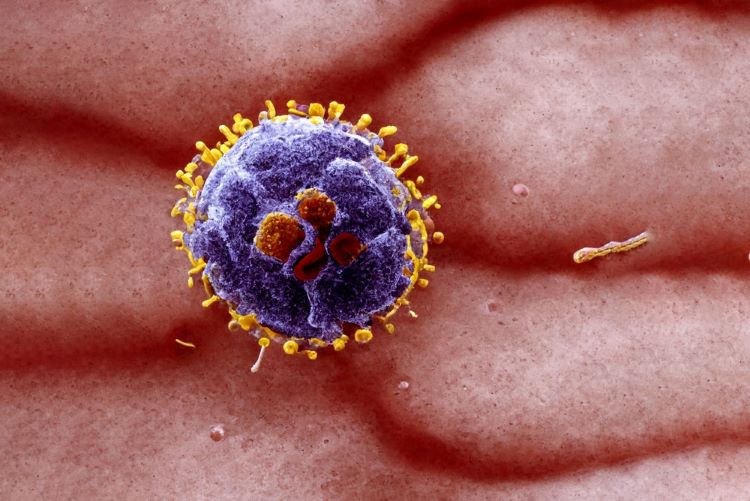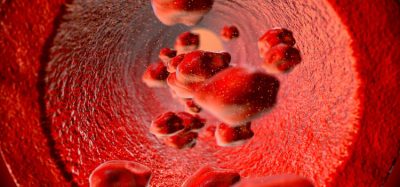New technology could enhance CAR T therapy manufacture
Posted: 29 May 2025 | Catherine Eckford (European Pharmaceutical Review) | No comments yet
The innovative device could improve CAR T cell cancer immunotherapy and facilitate its use as a first-line therapy, research suggests.


Research has illustrated a potential new device for harvesting T cells that could improve the cost-effectiveness of manufacturing CAR T-cell therapy and make the cancer immunotherapy more accessible to patients.
In development by investigators in the US, the device, called capture and glow (CAPGLO), ‘captures’ T cells via a magnetic field and makes them visible using glowing fluorescent tags.
An innovative approach for isolating T cells
Firstly, the researchers magnetise the T cells by coating tiny magnetic beads with a protein. This protein is designed to attach to T cells in a blood sample, so they bind to the surface of the bead.
Then, using CAPGLO and a magnetic field, the magnetised T cells can be separated from the red blood cells and plasma. Once collected, the researchers explained that they plan to cut off the magnetic beads, leaving a population of T cells. This completes the process, so they are ready for chimeric transduction.
The researchers aim to take and process a patient’s blood within an hour, to prevent damage to the T cells. Theoretically, the CAPGLO device would require no more than the amount of blood typically needed during blood donation.
David Wald, an immunologist at the Case Western Reserve University School of Medicine, has developed a rapid process to establish and expand CAR T cells in less than 24 hours.
Reducing the cost of CAR T immunotherapy
If CAPGLO could be manufactured “for a few hundred dollars rather than thousands or hundreds of thousands, that’s where this treatment reaches equity,” stated Robert Brown, a physicist in the College of Arts and Sciences, Case Western Reserve University, US.
“[With the CAPGLO technology,] I hope that we could bring the cost of immunotherapy down so it could be first-line therapy rather than end-stage treatment”
“I hope that we could bring the cost of immunotherapy down so it could be first-line therapy rather than end-stage treatment,” commented Susann Brady-Kalnay, the Sally S. Morley Designated Professor of Brain Tumor Research, Case Western Reserve University School of Medicine.
The researchers have been given a grant to further investigate the technology’s viability.
Related topics
Anti-Cancer Therapeutics, Biopharmaceuticals, Clinical Development, Drug Development, Drug Manufacturing, Immunotherapy, Industry Insight, Manufacturing, Processing, Production, Proteins, Research & Development (R&D), t-cells, Technology, Therapeutics









